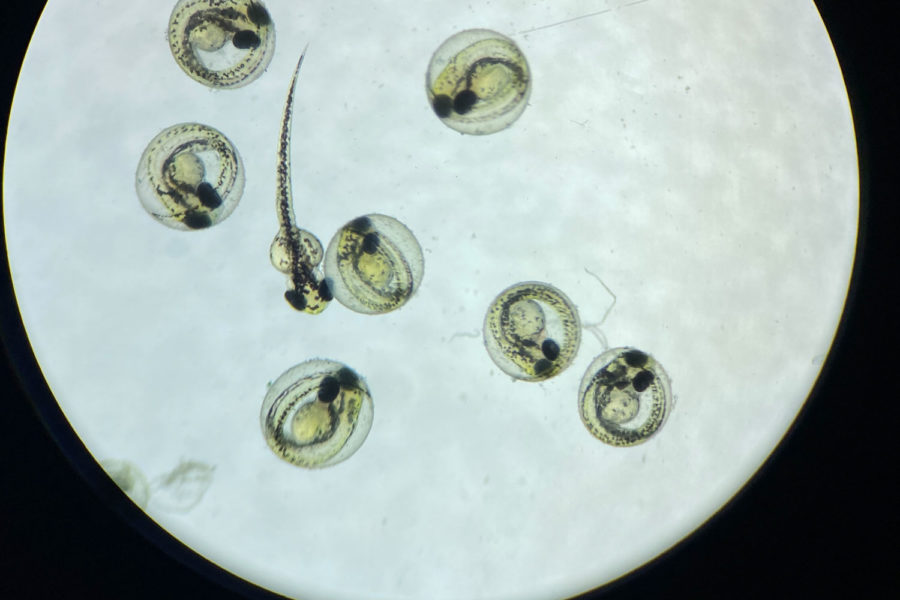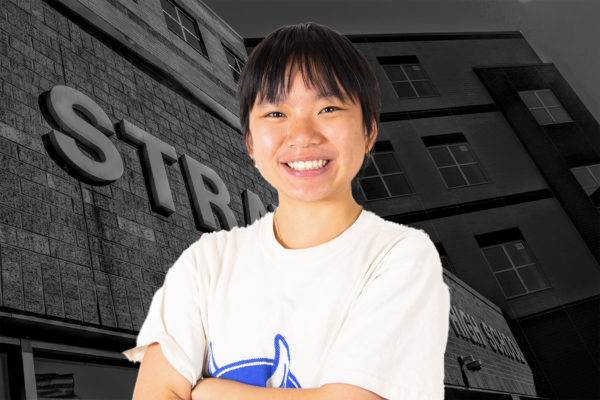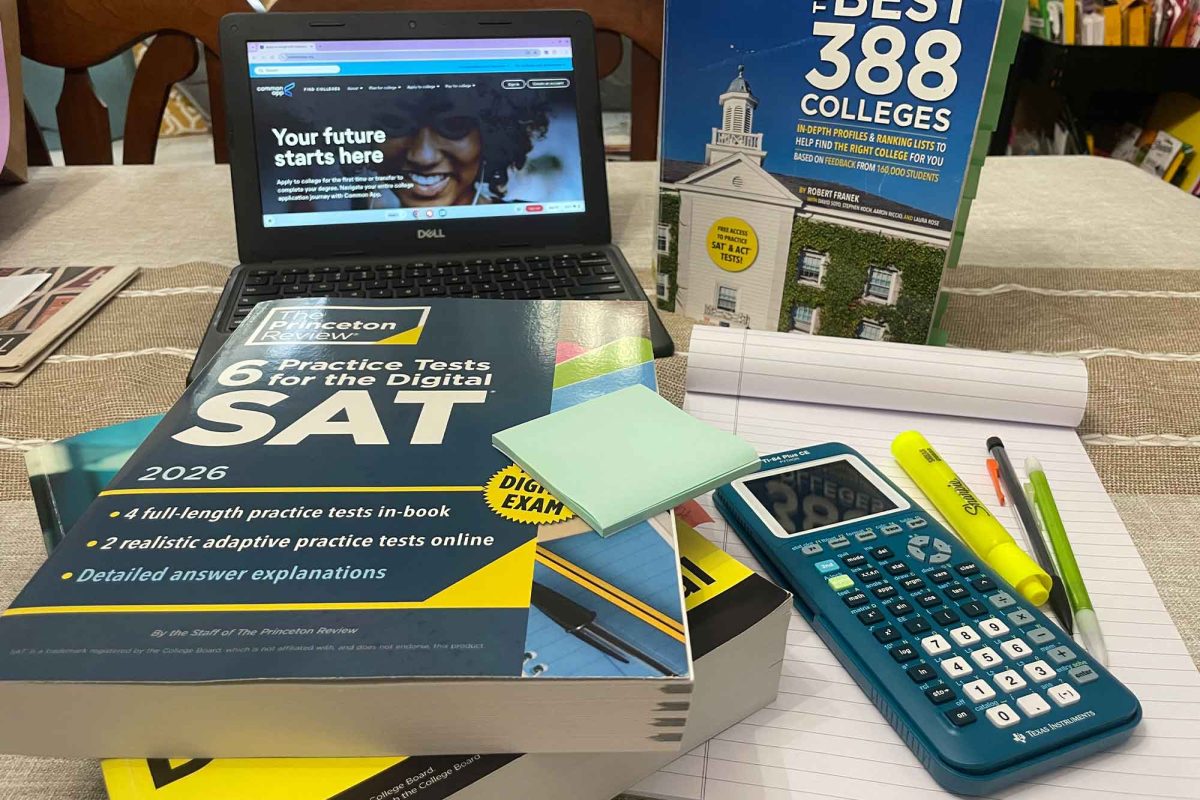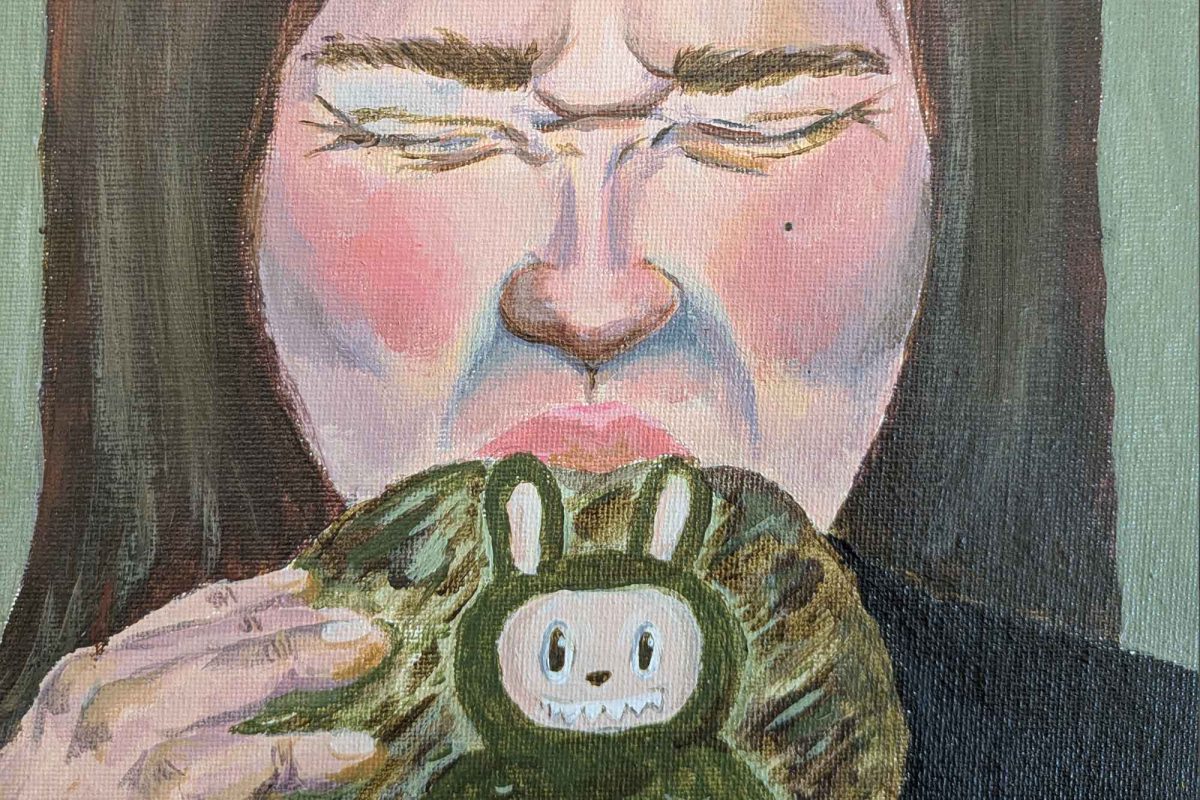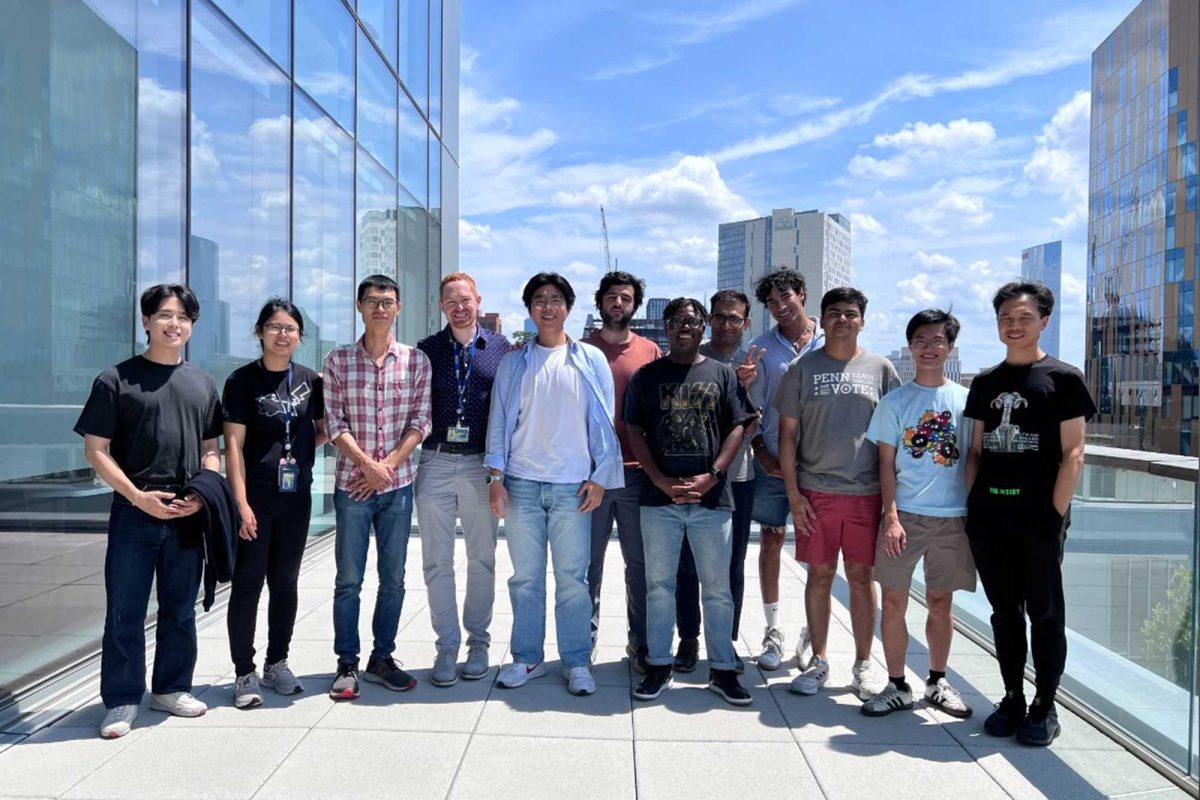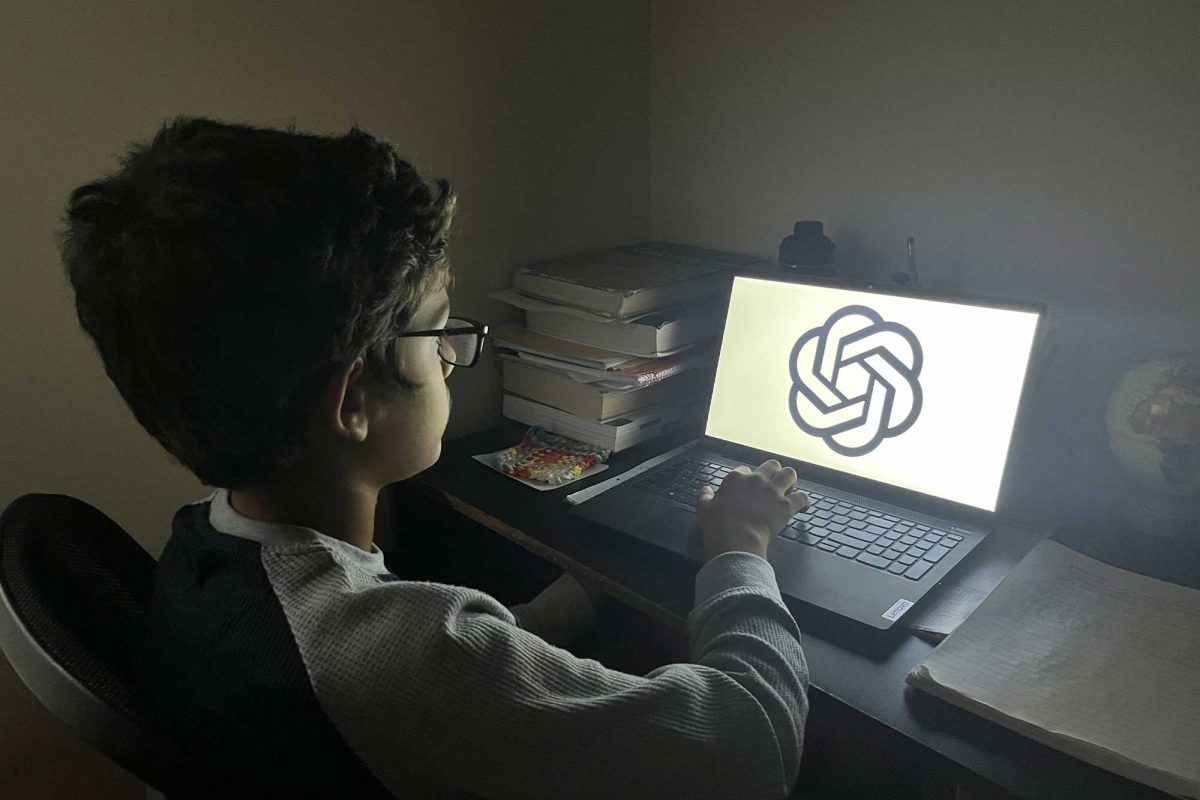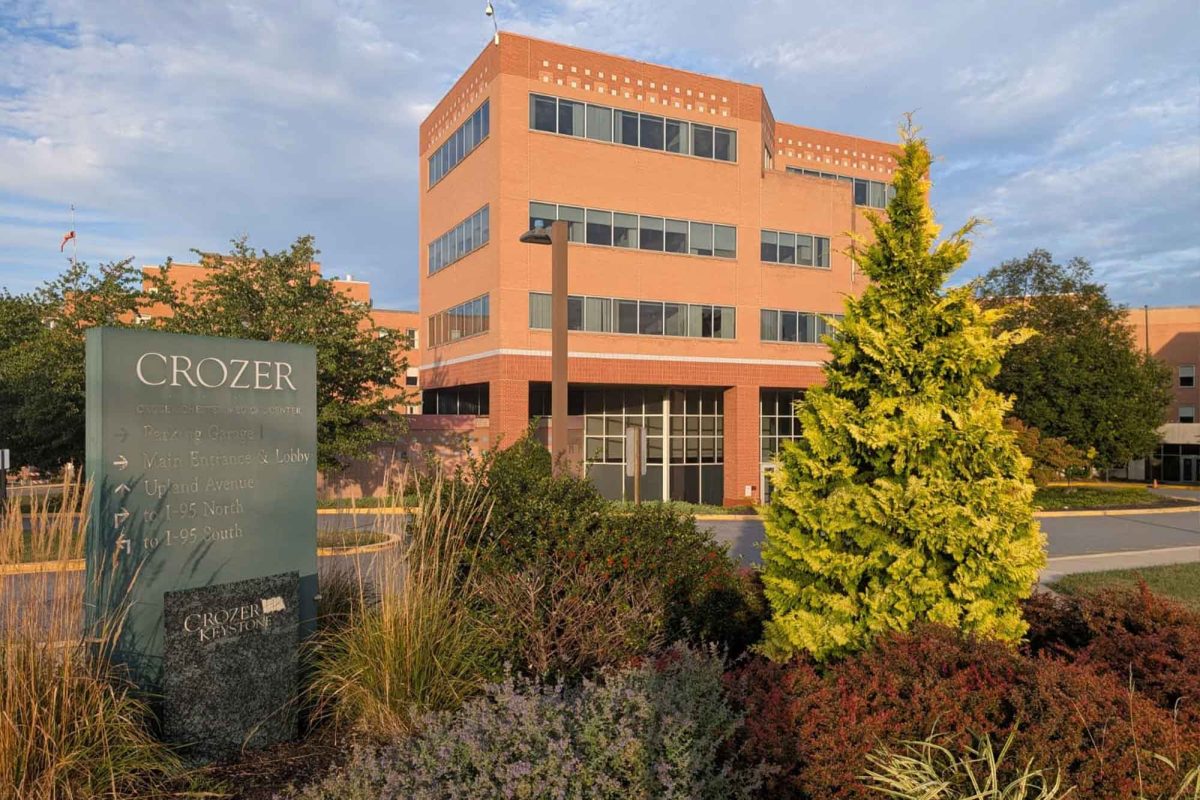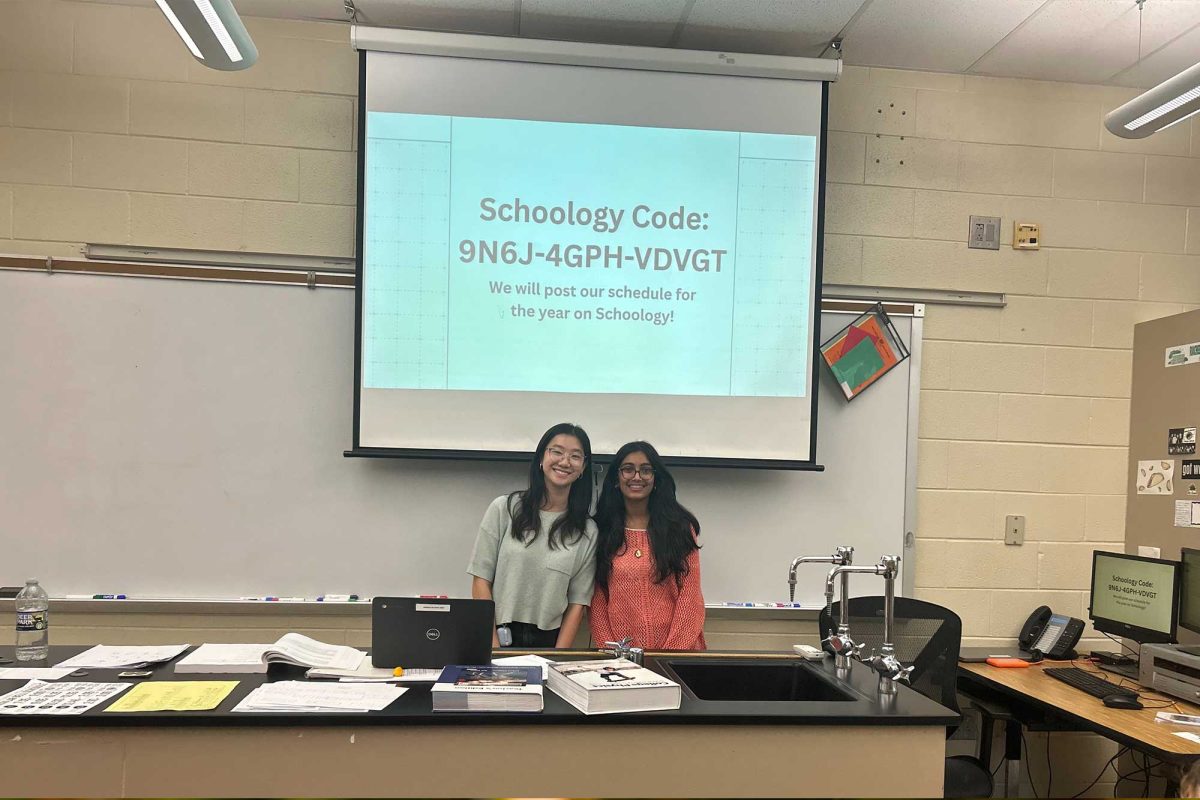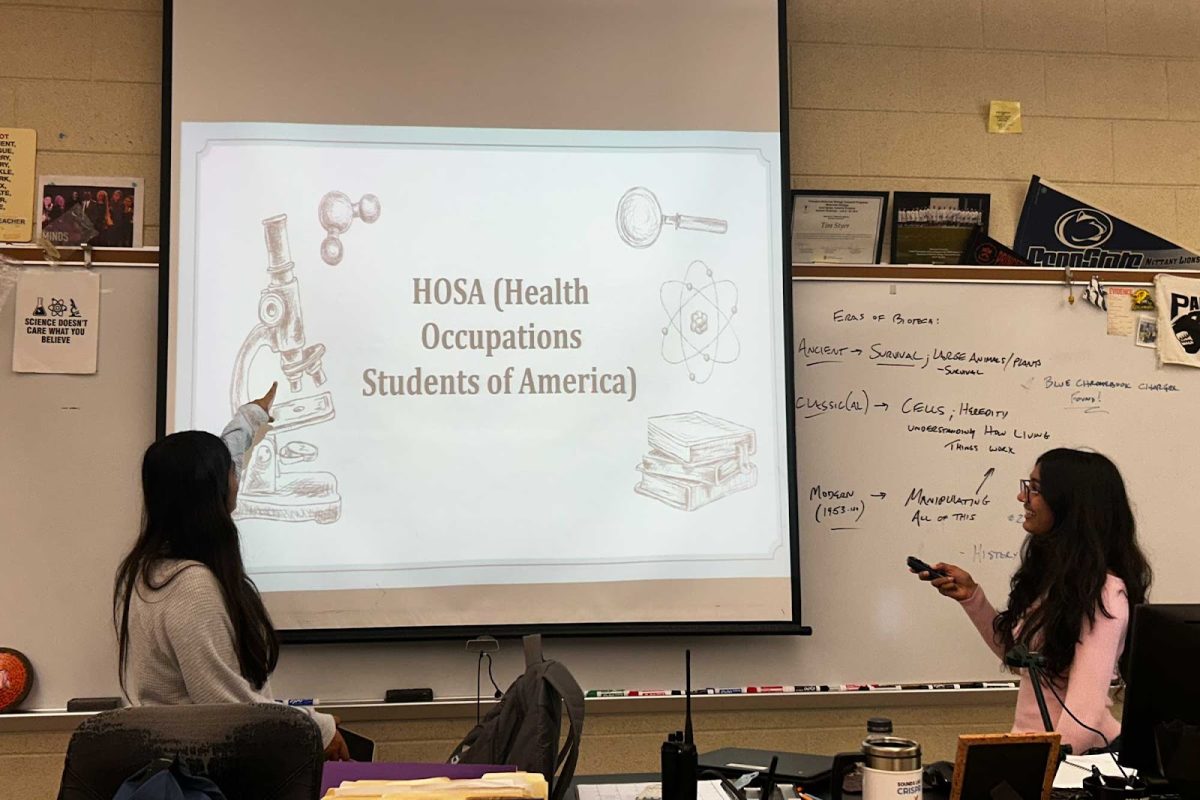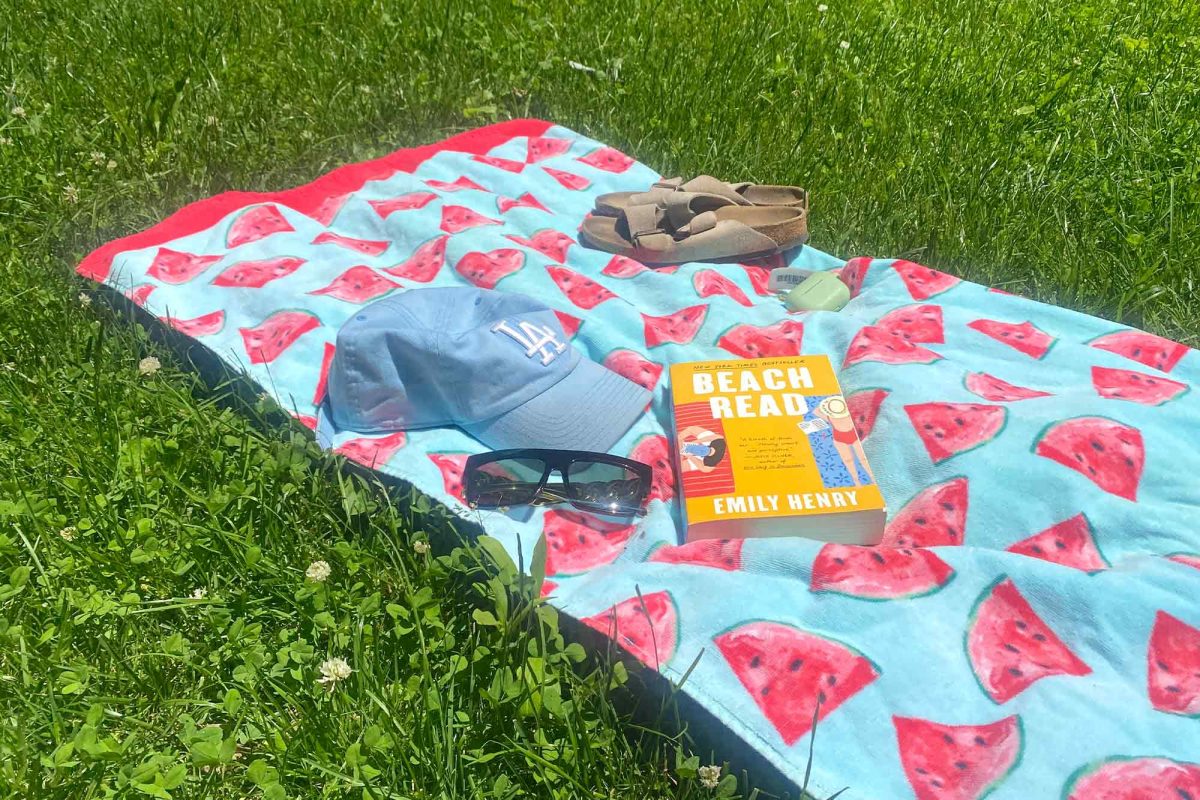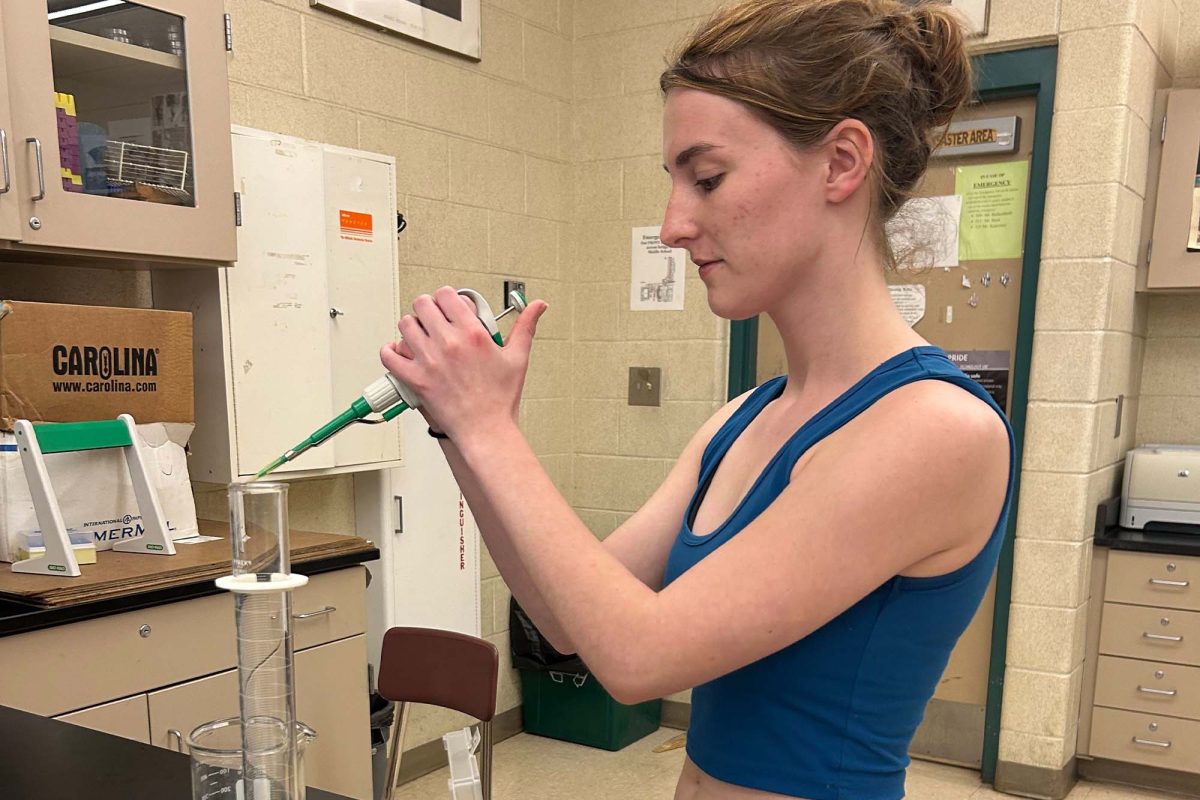Senior Imogen Sharif’s semester-long independent study on evolution and fetal alcohol syndrome in zebra danios will conclude with a final presentation at May’s end.
With a strong push into the curiosities of evo-devo (evolutionary developmental biology) first introduced in her AP Biology class, Sharif set out on a journey with the quick-hatching, active swimming, stripe-patterned zebra danios.
“I found a book that I read for my independent study called ‘Your Inner Fish’ by Neil Shubin. He discovered Tiktaalik which is the in-between species from fish and walking-on-land [organisms]. And I was just like, this is super interesting. I want to do more with this,” Sharif said.
Sharif had a lot of support from her advisor and junior year AP Biology teacher, Ms. Katie Shepard, who already had the supplies Sharif needed to conduct the experiment. Her preliminary research included reading existing papers on evo-devo as well as online college courses that served as an aid to design the experiment. Sharif set up two tanks, one for males and the other for females, ensuring that each tank was at the optimal water parameters for the zebra danios.
“I am doing an experiment with live animals. I want to be as humane and safe as possible and I don’t want to stress them out. That’s my biggest concern,” Sharif said.
Many unexpected obstacles arose during the breeding process, which required Sharif to persist and change her methods with each trial.
“First round I did everything that I got in a little book that Ms. Shepard gave me. She’s like, ‘Nobody’s ever gotten this to work before,’ I’m like, ‘Great. I’m gonna see if I can get this to work’. It didn’t work. I was like, okay, that’s an issue. I definitely cried a little bit,” Sharif said.
Thankfully for Sharif, after some additional research, she adjusted the water temperature and other components to encourage successful breeding and finally received viable eggs for her experiment.
“I just took a step back and realized that it’s part of the process of doing an experiment. Things aren’t going to work and you have got to find something,” Sharif said.
The best moment for Sharif was watching the embryos develop. Zebra danios hatch within three days, so each day held exciting changes.
“I was like, oh my gosh, these are actual living creatures that I have created. Zebrafish are a really great model organism for this kind of experiment where you’re observing development because it [is] so quick,” Sharif said.
Biotechnology teacher Mr. Timothy Styer first taught Sharif in one of his past freshman environmental science classes, and was particularly impressed with Sharif’s growth as a science student. He is one of many teachers that attended Sharif’s final presentation.
On May 31, Sharif held her final presentation in Room 305 during fifth block. All were welcome to this presentation which contained a detailed look into her research question and the process of discovering its answer.
“[I talked] to them about the process of my experiment which is seeing how the development is affected under conditions such as ethanol,” Sharif said. “So I use ethanol because you got fetal alcohol syndrome in humans. And I’m like, how would that affect these fish? And I got some pretty cool results.”
Anyone can stop by Ms. Shepard’s Room 305 and visit the fish before they leave for school’s end.
The roller coaster ride of designing and performing a science experiment has proved to be a priceless experience for Sharif as she plans to continue in scientific research in college. She encourages others with a curiosity about a topic outside of Haven course offerings to pursue it.
“All the teachers at Haven are going to support you. If you just are interested in something enough, and you really push towards it, and you think this would be cool, you can do it. You just have to remember that you can do it and if there are any roadblocks, those exist for a reason, and you got to find your way around them,” Sharif said.
Styer echoes this same sentiment, hoping to see more students explore their curiosities, especially in science.
The science field is all about discovery and innovation, and “new ideas always come from the high school and college classrooms,” Styer said.
“I hope people can learn to embrace the mistakes that come out of science because no scientist has ever said, ‘I’m going to conduct this experiment’ and get it right on the first try,” Sharif said.*




